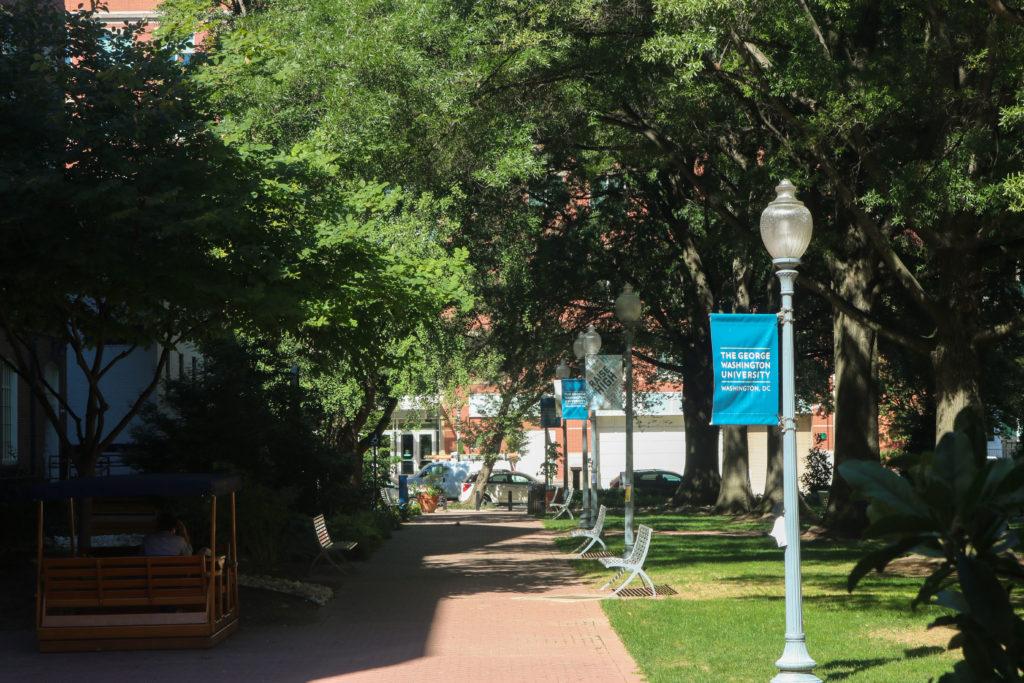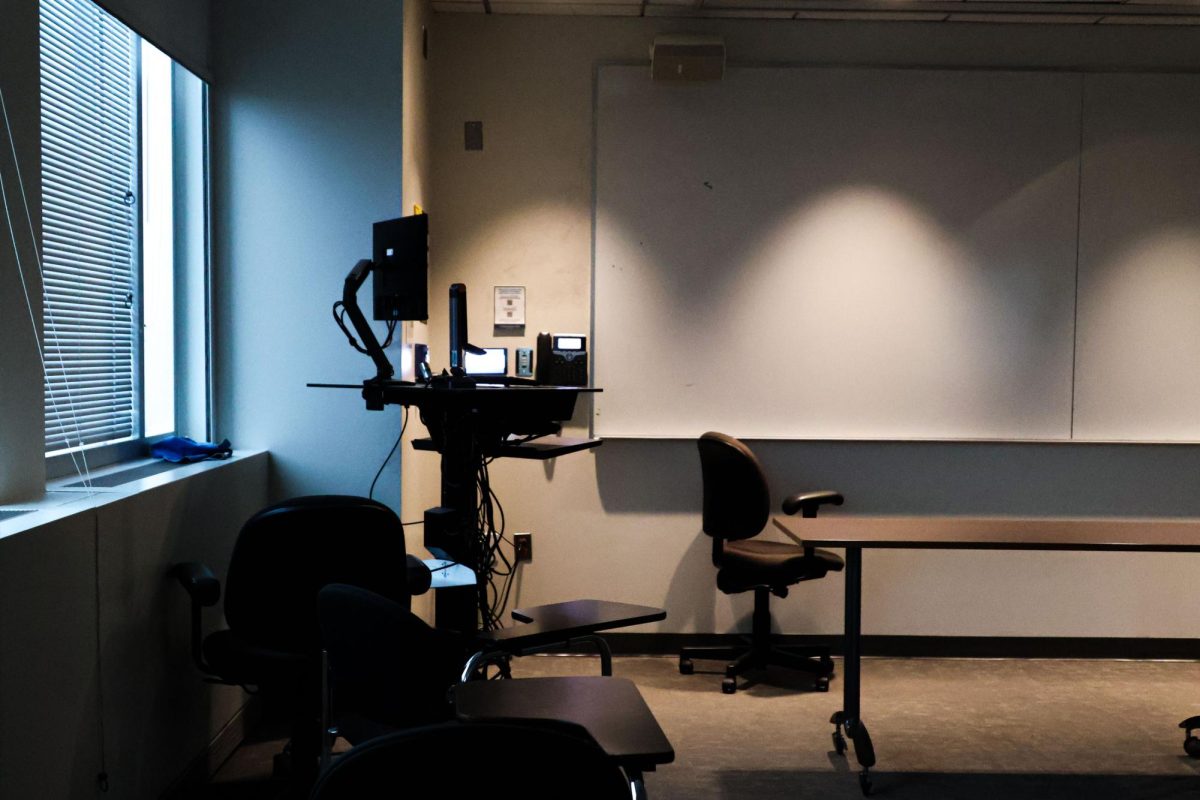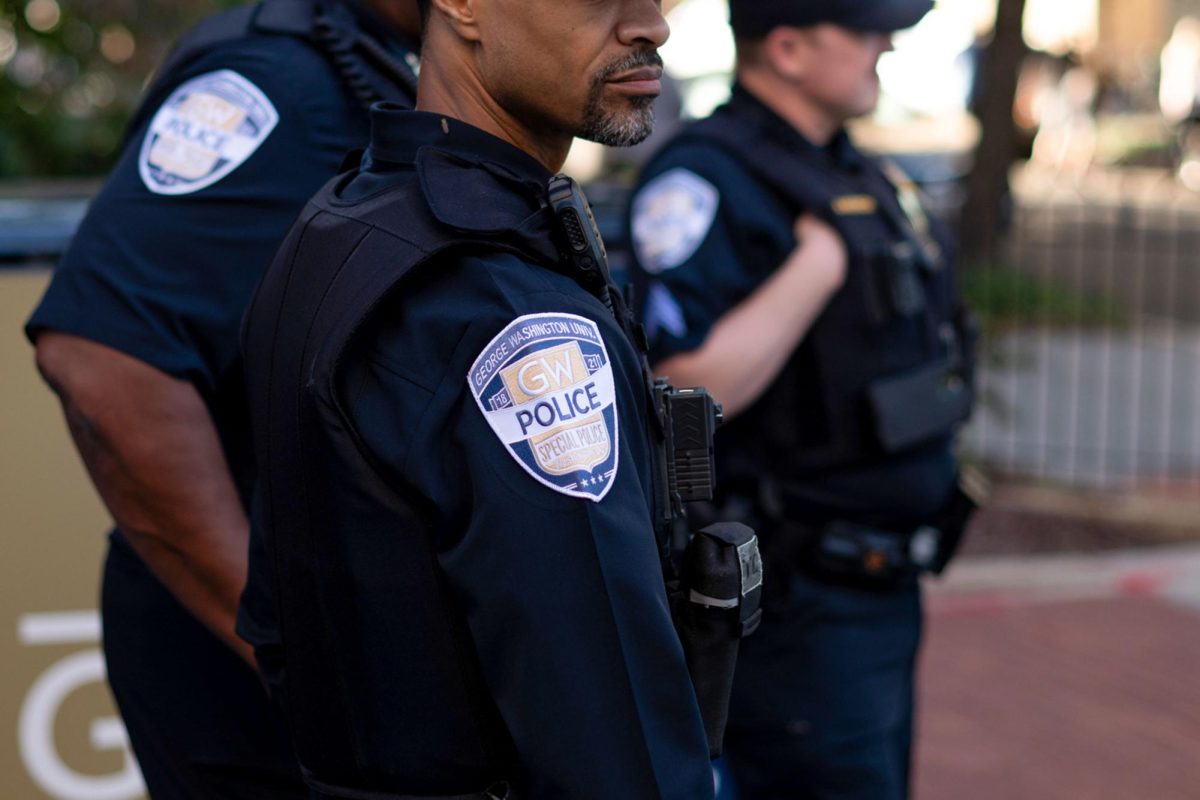An American Bar Association panel voted to drop the requirement that law school applicants take the Law School Admissions Test and other standardized tests Friday.
The panel voted 15-1 to remove the requirement that law school applicants submit students’ standardized test results like the commonly used LSAT and Graduate Record Examinations in their applications. If implemented, individual law schools could decide whether or not they keep the testing requirement, which could go into place in the fall 2025.
The ABA’s House of Delegates now must vote to codify the dropped requirement, but the body vetoed a similar rule change in 2018.
“In the grand scheme of things, folks of color perform less well on the LSAT than not, and for that reason, I think we are headed in the right direction,” Leo Martinez, an ABA council member and dean emeritus at the University of California, Hastings College of the Law, said at the meeting. “I am sympathetic that it gives people like me a chance.”
GW Law currently requires an LSAT, GRE or GMAT scores from applicants. GW launched a free LSAT preparation program in June 2021.
Last year, the ABA allowed law schools to accept the Graduate Record Examination instead of the LSAT.
ABA member and dean of Syracuse University College of Law, said arguments that testing requirements are “necessary to save diversity in legal education” are “bizarre.”
Yale and Harvard law schools announced Wednesday that they were withdrawing from the U.S. News and World Report rankings because the methodology did not acknowledge schools’ efforts to recruit and support poor and working-class students.
Officials are yet to announce if GW Law will join other law schools in recusing themselves from the national rankings.
Heather Gerken, dean of Yale Law School, said in a statement the rankings are “profoundly flawed.” She said the rankings exclude loan forgiveness for public interest law programs, which Yale specializes in.
“We have reached a point where the rankings process is undermining the core commitments of the legal profession,” she said. “As a result, we will no longer participate.”
Gerken said the ranking system has made it difficult for law schools to support students with financial need. She said the rankings system is “counterproductive” to Yale’s mission.
“The people most harmed by this ill-conceived system are applicants who aspire to public service work and those from low-income backgrounds,” she said. “They’re trying to make a sensible choice about their future, and law schools want to do right by them.”
John Manning, dean of Harvard Law School, said in his statement U.S. News and World Report’s emphasis on test scores encourages law schools to prioritize merit-based aid over need-based aid.
“For these and other reasons, we will no longer participate in the U.S. News process,” he said. “It does not advance the best ideals of legal education or the profession we serve, and it contradicts the deeply held commitments of Harvard Law School.”
Stanford, Georgetown, Columbia and Berkeley law schools have all followed this move and withdrawn from the rankings. GW Law is currently tied at No. 25 with the Universities of Alabama and Notre Dame in the U.S. News and World Report rankings.











